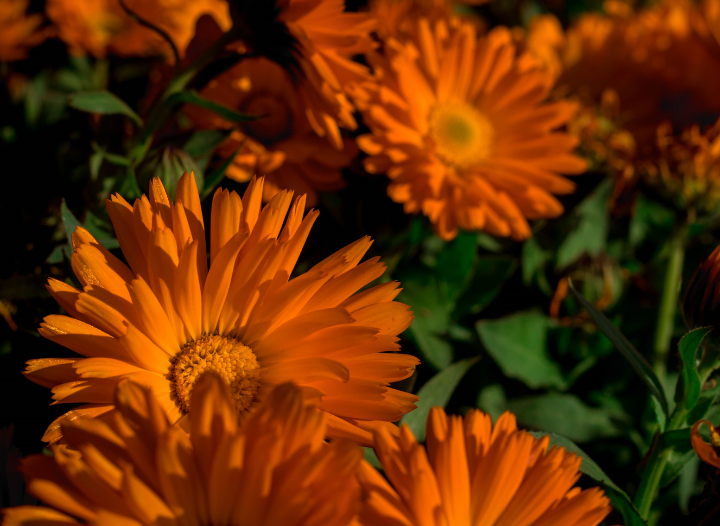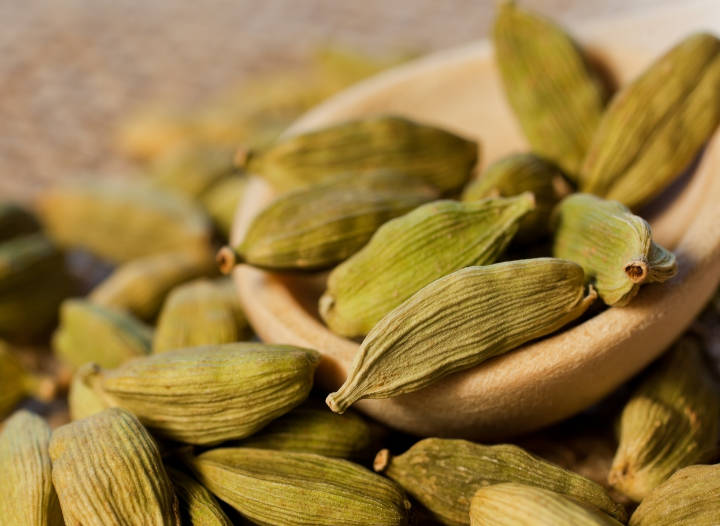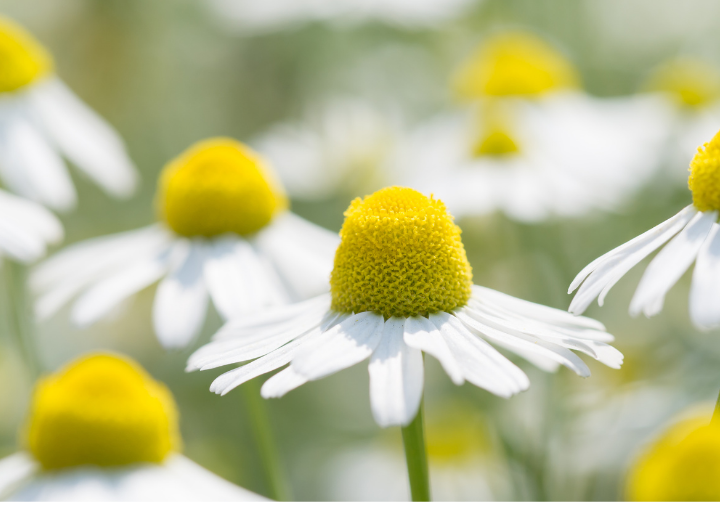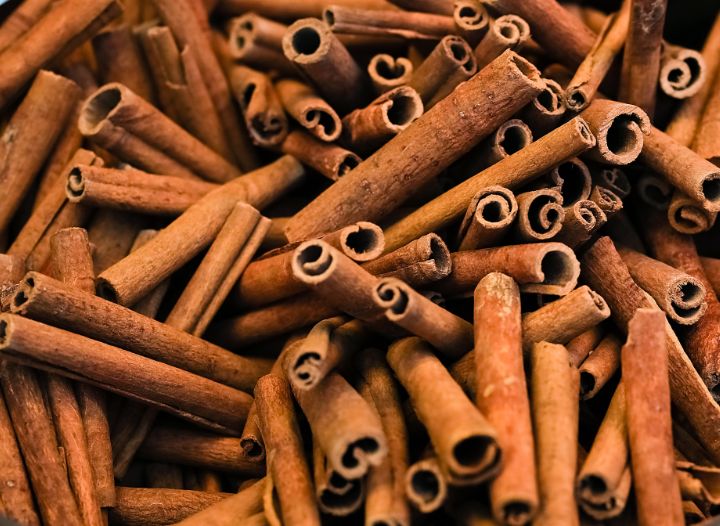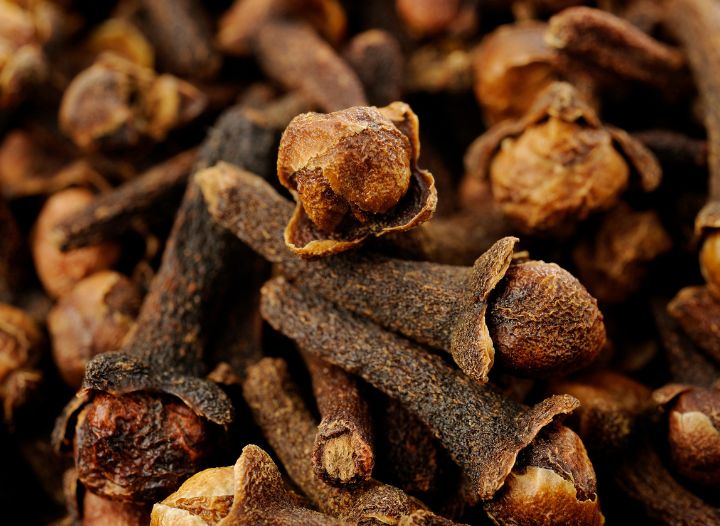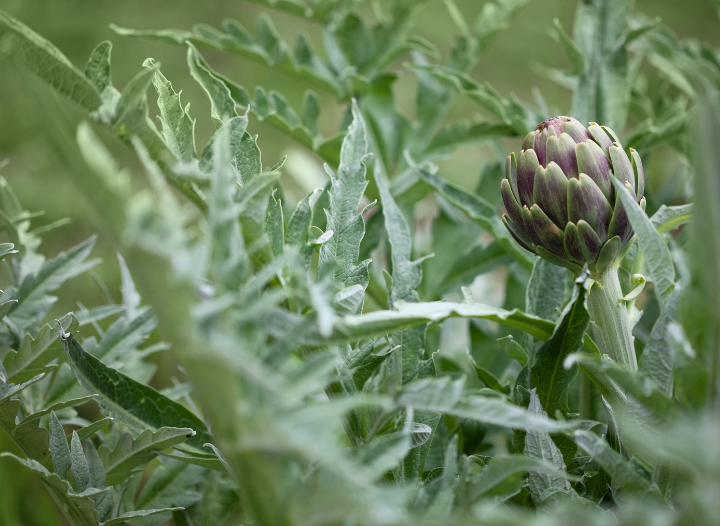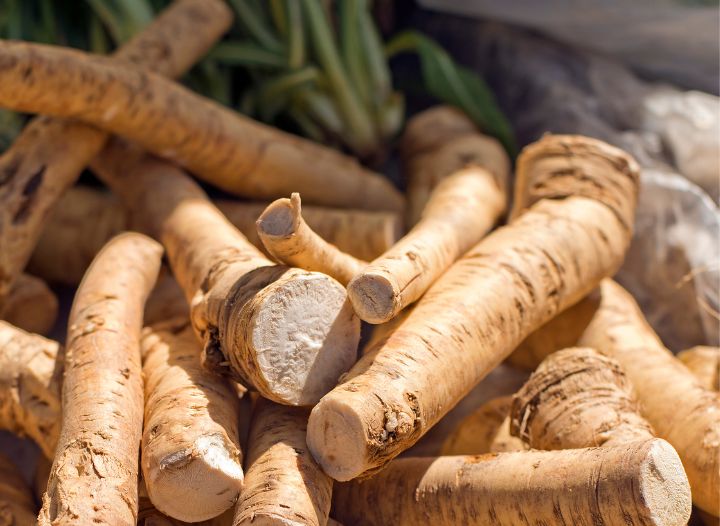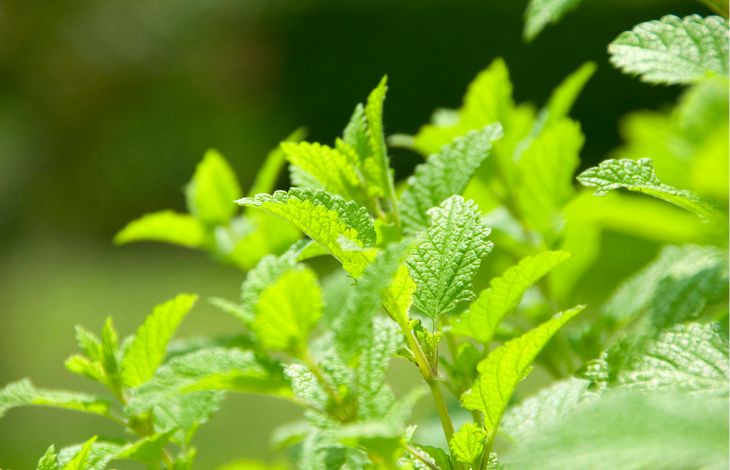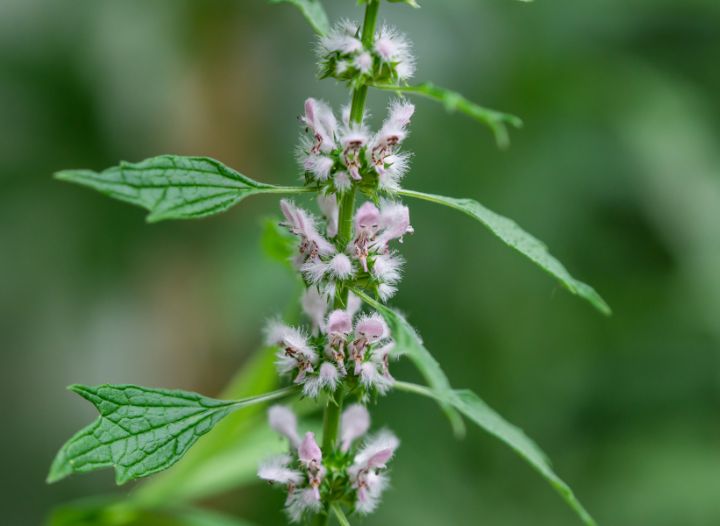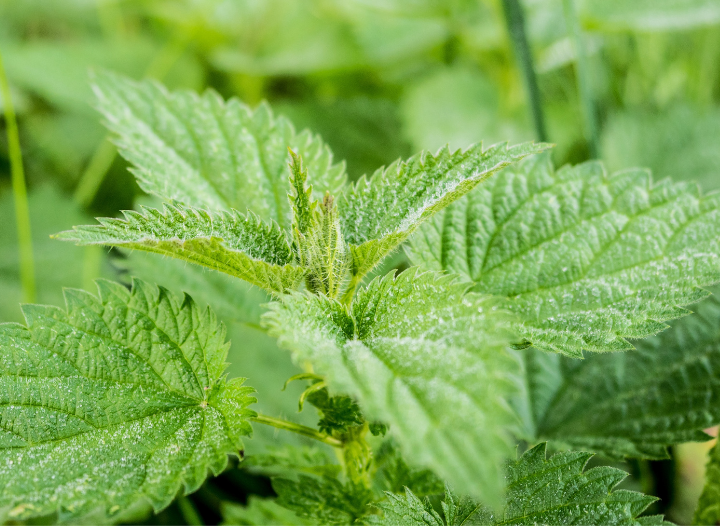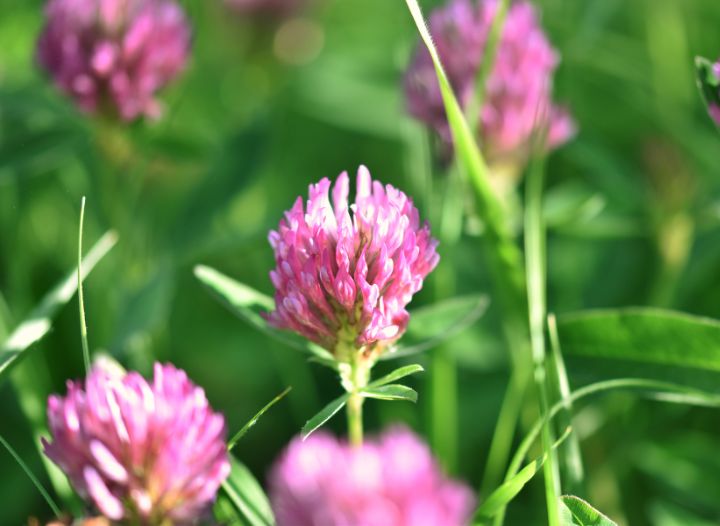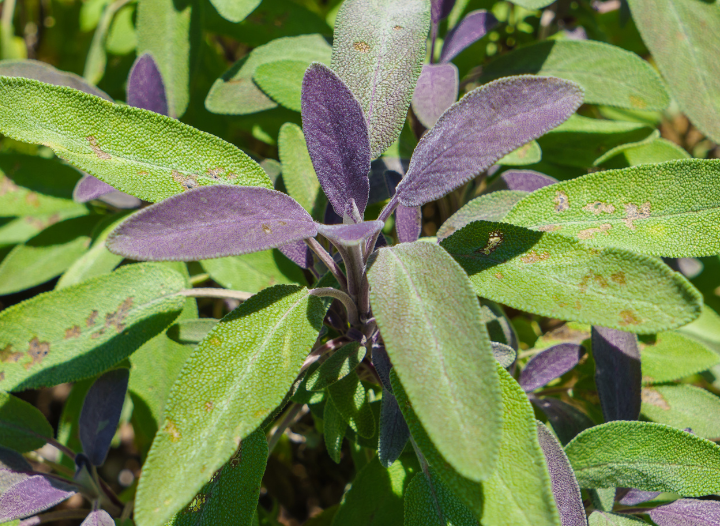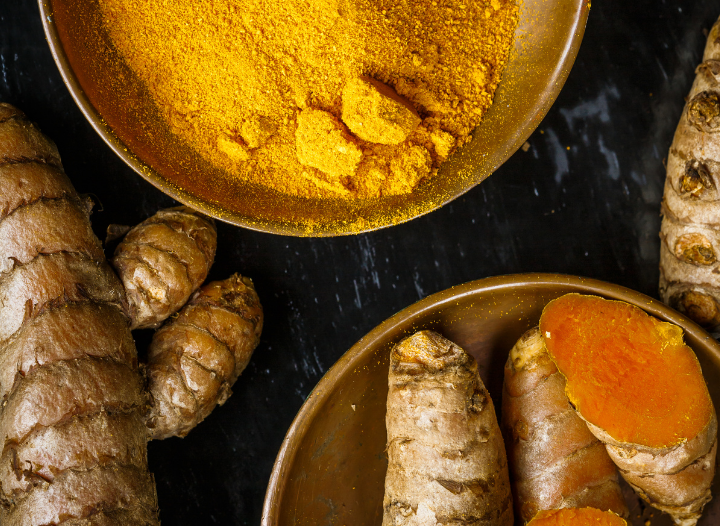We love to use organic plants because we know that the plants we are using in our products have had no exposure to synthetic chemicals, pesticides or fertilisers. Having the best raw ingredients is of paramount importance to us.
The Botanical name for Calendula: Calendula officinalis
Parts of Calendula used for Wild Dispensary tonics: Flowers
What does Calendula act as? Anti-inflammatory, vulnerary, antifungal, lymphatic, astringent, antiviral, antimicrobial, cholagogue (bitter), emmenagogue, antispasmodic.
Wild Dispensary Products that include Calendula:



